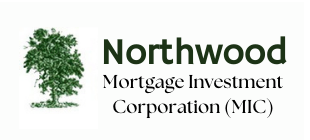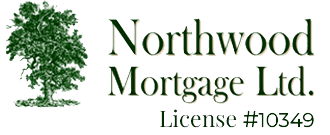There are many costs associated with buying property, in addition to the down payment and your mortgage loan. Any fees that go over the price of the property itself are called closing costs and include fees such as appraisal fees, title insurance, credit report fees, legal fees, and loan origination fees.
Closing costs are incurred once the seller transfers the property to the buyer. Closing costs usually end up being about 2-5% of the price of the property. An example of a common closing cost would be a loan origination fee. This is usually charged by the bank upon creation of the loan, and often comes to about 1% of the mortgage.
Another example of a closing cost would be title insurance, which protects the lender and the buyer from any past contractors making claims against the property. Obviously this is incredibly important if you want to avoid any complications and legal disputes, but it can incur additional fees such as appraisal fees.
Many buyers want to know if closing costs can be rolled into a mortgage. This way, your monthly mortgage payments would go towards these costs as well, rather than you having to pay them upon transferral of the property.
It is possible to roll closing costs into your mortgage, also known as mortgage refinancing. Many people choose to mortgage closing costs as these costs can be quite a large expense. However, there are some considerations to keep in mind.
If your down payment is on the smaller side, and you attempt to mortgage closing costs, it may stop you from being approved for a mortgage. Lenders want to be certain that you will be able to pay off your monthly mortgage payments, and if they think mortgaging your closing costs may put a financial strain on you, they may not approve you.
There are some other options available when it comes to shifting closing costs, apart from rolling them into your mortgage. Sometimes, especially if the seller is motivated, they will agree to carry or share the closing costs. Even real estate agents occasionally help with closing costs, if they are eager to make the sale. It usually depends on circumstance.
If you are concerned about closing costs, or have further questions about mortgaging your closing costs, the best course of action is to speak to one of our mortgage professionals. On occasion, lenders have been known to make concessions on closing costs (although this may result in higher interest rates), depending on the circumstance. A mortgage broker can lay out what closing costs to expect before you put a payment down, to help you avoid any surprises.
For more information about closing costs and how we can help, check out our page here, or contact us today!






































